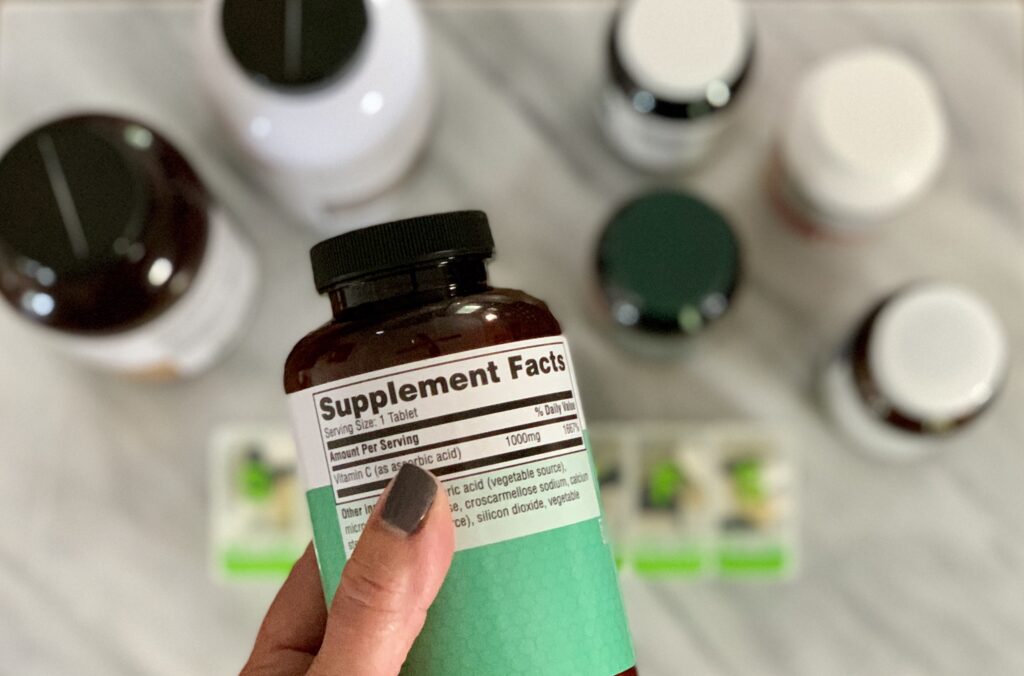Introduction about Dietary Supplements
A dietary supplement is a product that contains one or more of the following: vitamins, minerals, herbs, and other botanicals. Nutritional supplements are not drugs; they do not have any medical effect on humans. They may be sold as food products or over-the-counter medications. Some people use them to treat health conditions such as high cholesterol, diabetes, heart disease, cancer, etc. Others take them for general wellness purposes.
President Clinton signed the Dietary Supplement Health Education Act into law on October 25, 1994.The DSHEA is a federal statute that provides for the regulation of all food products containing vitamins, minerals, or other substances intended to supplement the diet. It also establishes standards for labeling claims made about these foods. In addition, it requires manufacturers top provide information regarding their ingredients and health benefits. This includes providing scientific substantiation for any claim they make.
Dietary Supplement Used in the United States
In 2010, an estimated 30% of adults used at least one dietary supplement regularly.
The most commonly taken supplements were vitamins/minerals, herbal remedies, protein shakes, sports drinks, energy bars, and meal replacement beverages. In 2011, nearly half of all U.S. consumers reported using dietary supplements. More than 80 different types of nutritional supplements are available today.
Many people use them because they believe they will improve their overall health.
Why Do People Use Dietary Supplements?
People who use dietary supplements often say they want to improve their overall well-being. Others report wanting to prevent illness or treat specific conditions. Still, others believe that eating healthy foods isn’t enough because it’s hard to get everything needed through food alone.
Other reasons people use dietary supplements include:
- To help lose weight
- For energy
- To boost immunity
- Path to improved health
Do you need to take dietary supplements to stay healthy? What do I need?
The BVL has published guidelines for companies to describe their products so consumers know safe and effective. These include information about dosage, side effects, contraindications, and warnings. The BVL also publishes lists of banned substances and prohibited methods of production. Companies producing dietary supplements must comply with these rules if they want to sell their products legally.
The FDA regulates dietary supplements sold in the United States. It requires companies selling them to register with the agency. Companies must prove their products meet specific standards.
For example, they must be made using good manufacturing practices. They also must follow Good Manufacturing Practices when creating new products.
Companies must provide information about ingredients used in their products. They must show how much of an active substance there is in each dose. And they must describe side effects associated with use.
Is there anything else I should consider when choosing a supplement?
When shopping for a supplement, keep in mind that most companies want to sell lots of units so they’ll continue making money. They often cut corners on testing and labeling and try to get around regulations meant to protect consumers. And remember: Don’t just trust labels! If you see something suspicious, contact the company directly. Read the ne print on the back of the package, too.
Are dietary supplements safe?
Read labels carefully. The title should tell you what each ingredient does and whether independent scientists have tested it before being put into the product. You want to avoid buying anything labeled “stabilized” or “enriched.” These terms usually indicate that the vitamin or mineral content was increased through chemical rather than natural processes like sunlight exposure. This type of enrichment increases the cost of manufacturing and makes the product less likely to pass FDA regulations.
Don’t self-diagnose.

